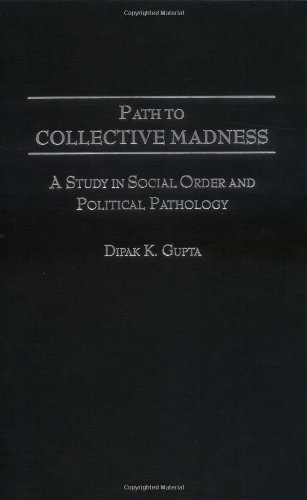

Most ebook files are in PDF format, so you can easily read them using various software such as Foxit Reader or directly on the Google Chrome browser.
Some ebook files are released by publishers in other formats such as .awz, .mobi, .epub, .fb2, etc. You may need to install specific software to read these formats on mobile/PC, such as Calibre.
Please read the tutorial at this link: https://ebookbell.com/faq
We offer FREE conversion to the popular formats you request; however, this may take some time. Therefore, right after payment, please email us, and we will try to provide the service as quickly as possible.
For some exceptional file formats or broken links (if any), please refrain from opening any disputes. Instead, email us first, and we will try to assist within a maximum of 6 hours.
EbookBell Team

4.1
90 reviewsWhy did the Rwandan genocide take place? How could parents feed their own children drinks laced with poison in Jonestown? As we see many parts of the world being engulfed in fratricidal frenzy, we wonder if it can happen in this country. Gupta examines contemporary cases of genocide and mass murder and seeks to explain why certain societies are more prone to these actions and others are relatively immune.
Gupta sees a dialectical tension between our two identities: the self and the collective. The end of the medieval period was marked by the emergence of individualism in Europe. With time, the march of individualism engulfed the entire Western world and permeated every aspect of its culture, tradition, and academic paradigm. Neoclassical economics is the embodiment of this single-minded pursuit of the rationality of individualism. However, our psychobiological evolution has also imbued us with the irrepressible desire to form groups and to act upon its welfare. The reason for this eternal conflict lies in our own struggle with our two identities. When the pendulum swings to the extreme end of collectivism, genocide and other forms of social abnormalities--collective madness--occur. When we move too far into individualism, people tend to seek something greater beyond selfish pursuits. Through his panoramic view, Gupta provides an explanation for both social order and political pathology that will be of interest to students, scholars, and other researchers involved with ethnic conflict, collective behavior, and conflict resolution.